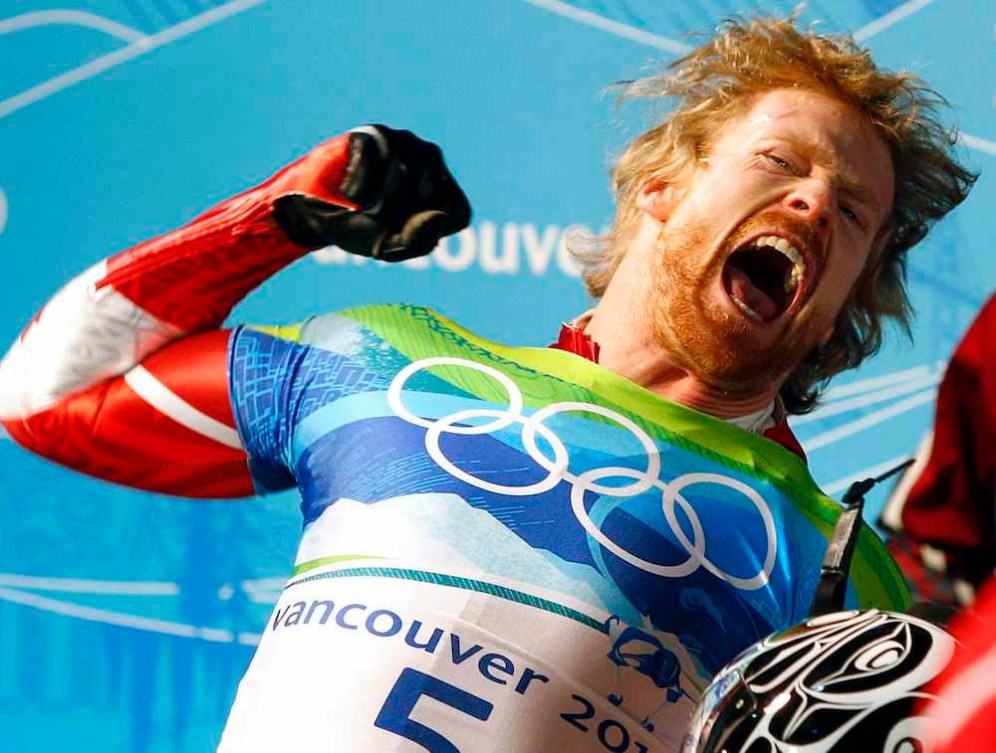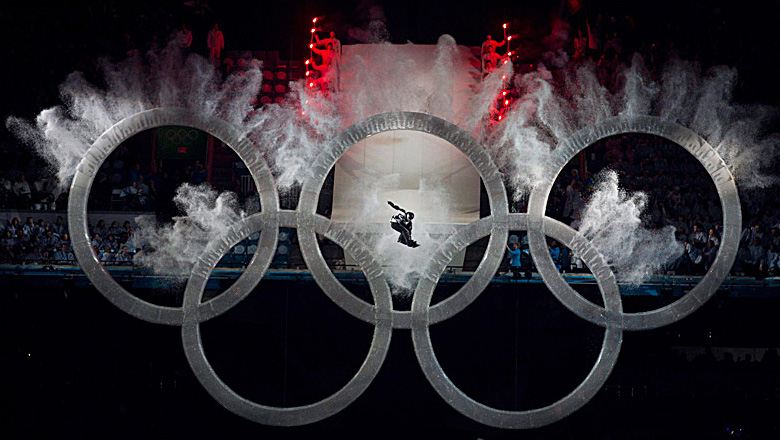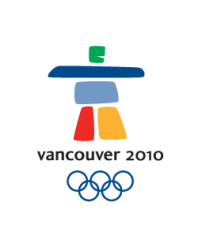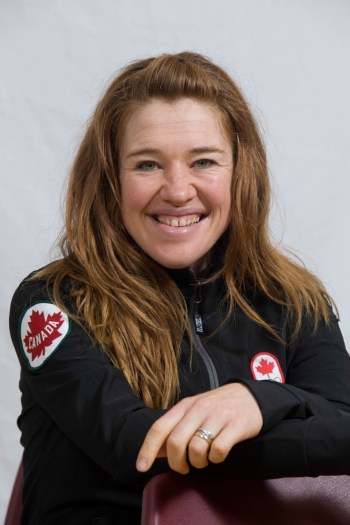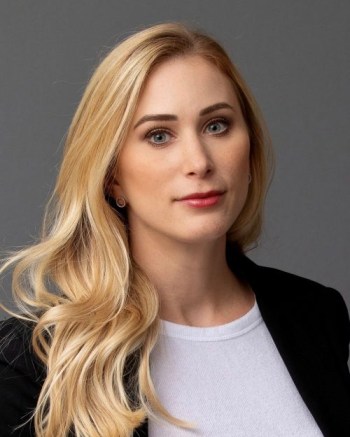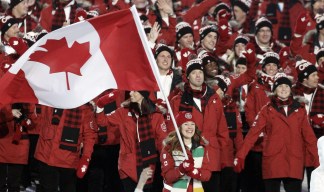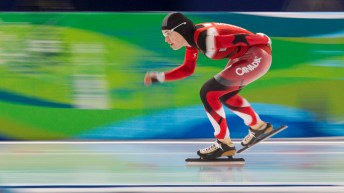Vancouver 2010
Team Canada Medal Count
Games Summary
XXI Olympic Winter Games
Vancouver became Canada’s third Olympic host city after winning the vote on the second ballot over PyeongChang, South Korea. But unlike the first two times the Olympic Games came to Canada when the host nation went without a gold medal, this time there were a record number of trips to the top of the podium. Canada’s 14 gold medals were the most ever won by one country at a Winter Games while the 26 total medals was a Canadian high.
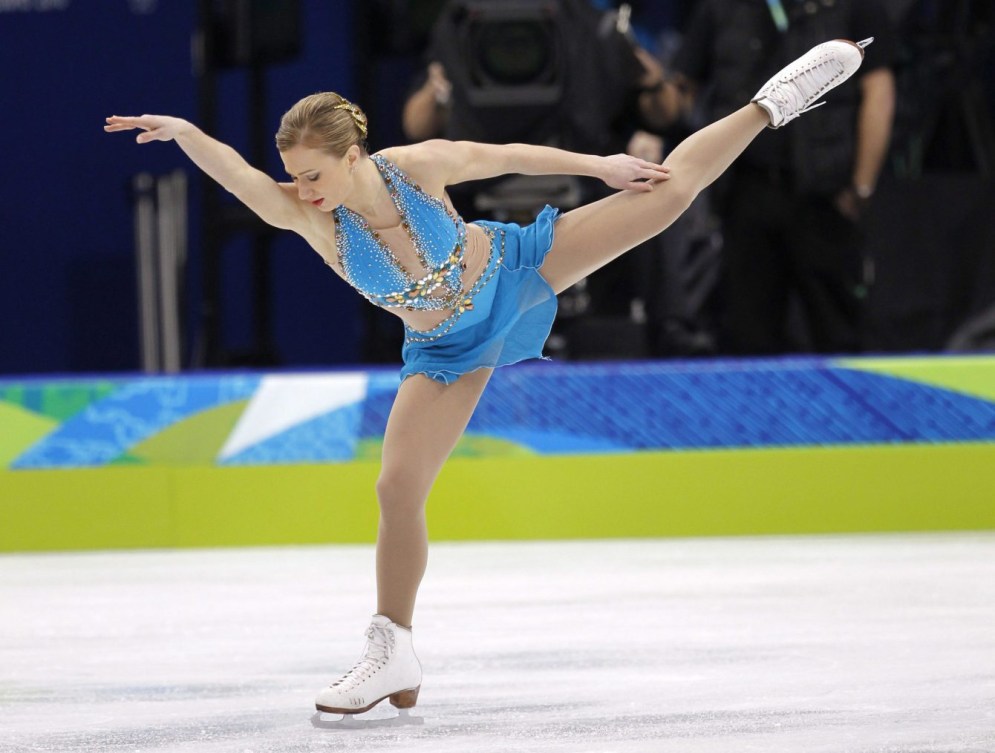
Already the only athlete to ever win multiple medals at both the Summer and Winter Games, Clara Hughes was given the honour of carrying the Canadian flag into the Opening Ceremony. She went on to earn her sixth career Olympic medal, a bronze in long track speed skating’s 5000m, tying her as Canada’s most decorated Olympian. Figure skater Joannie Rochette was selected to carry the flag at the Closing Ceremony, having shown incredible fortitude in winning bronze just days after the sudden death of her mother who had travelled to Vancouver to watch her compete.
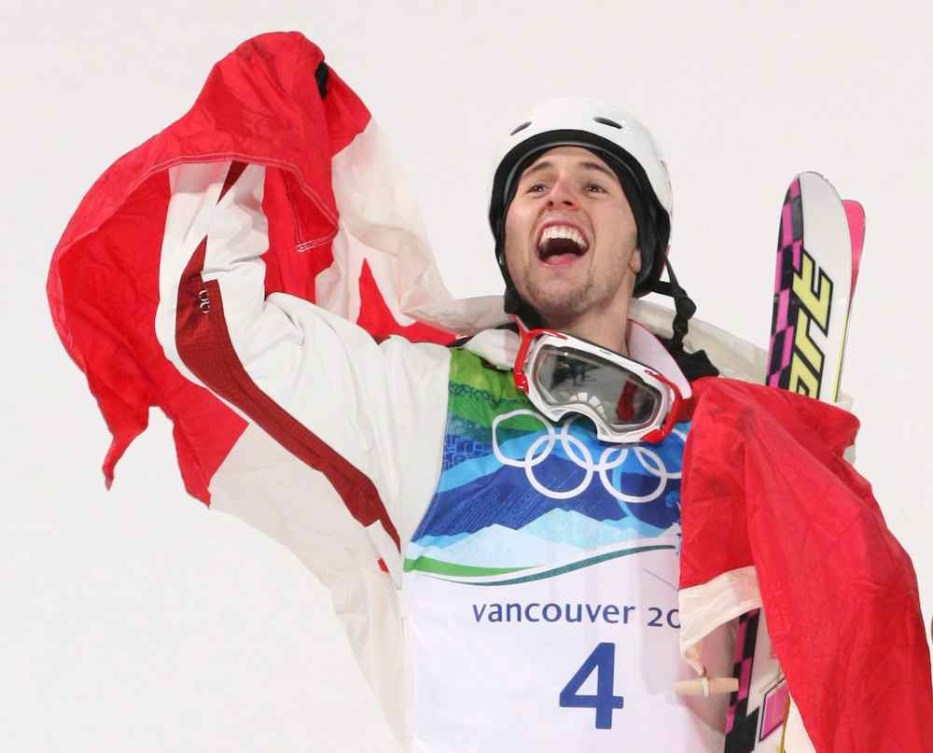
It was freestyle skier Alex Bilodeau who became the answer to a trivia question as Canada’s first ever Olympic gold medallist on home soil. His moguls victory came one day after defending women’s champion Jennifer Heil captured silver. Snowboarder Maëlle Ricker found her own place in the history books as the first Canadian female athlete to win Olympic gold at home. The Games were capped by the “Golden Goal”, as Sidney Crosby scored the overtime winner against the United States, sending people from coast to coast onto the streets to celebrate. It was a golden sweep for Canadian hockey after the women’s team had won their third straight Olympic gold on the strength of two goals by Marie-Philip Poulin.
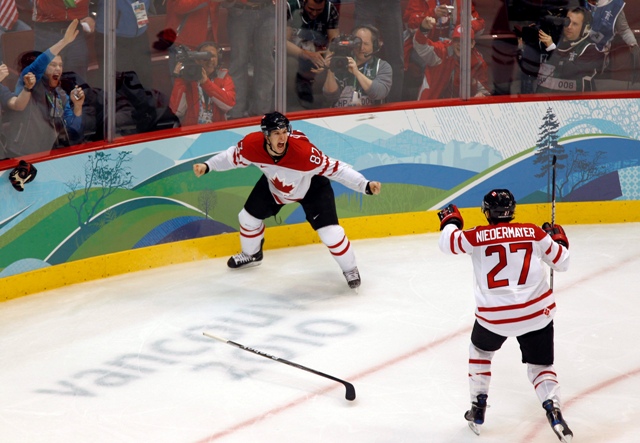
Canada’s only double gold medallist of the Games was short track speed skater Charles Hamelin, who won both within a 30-minute span. First came the 500m, in which he shared the podium with teammate François-Louis Tremblay who won bronze. The duo were then part of Operation Cobra as the 5000m relay team, which included Hamelin’s brother François, used a unique strategy to get the victory. The medals brought Tremblay’s career total to five, tying him as Canada’s most decorated male Olympian. There were also two silver medals from the women’s team, as Marianne St-Gelais finished second in the 500m on her 20th birthday and was then part of the 3000m relay. St-Gelais also gained a lot of international attention when she hopped onto the padded rink boards to kiss and celebrate with boyfriend Hamelin after his 500m win.
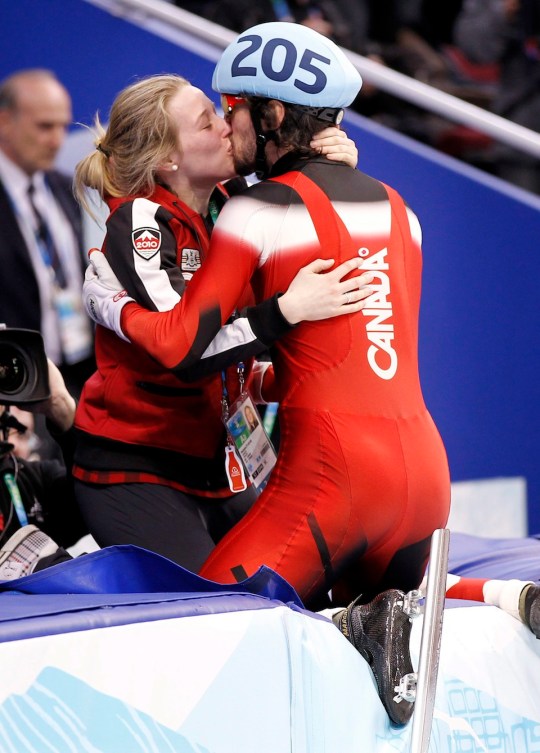
In his fourth Olympic appearance, veteran snowboarder and multiple world champion Jasey-Jay Anderson finally won his first Olympic medal, taking gold in the parallel giant slalom. It was Canada’s second gold medal in just 10 minutes, following the men’s team pursuit on the long track speed skating oval. There was a third gold on that penultimate day of the Games as the men’s curling team, skipped by Kevin Martin, defeated Norway in a reversal of fortunes for Martin from 2002. The women’s curling team, skipped by Cheryl Bernard, ended up with silver after dropping the final to Sweden.
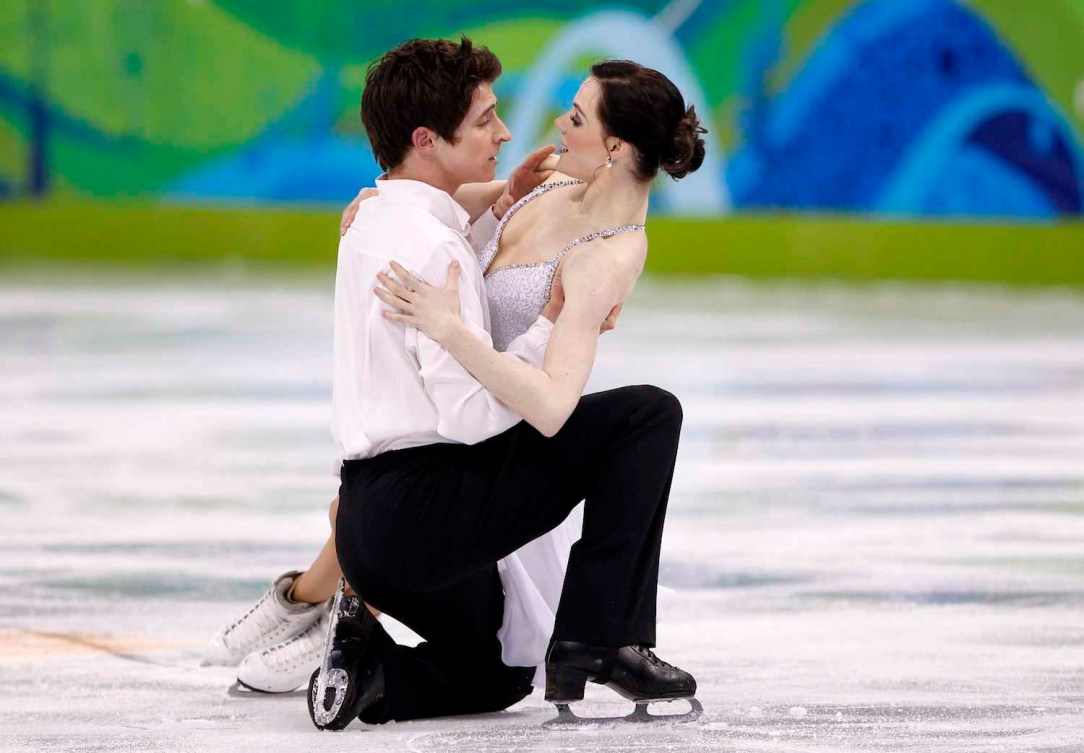
Tessa Virtue and Scott Moir turned all Canadians into ice dance fans with their stunning free skate to Mahler’s Symphony No. 5 that made them Canada’s first ever Olympic champions in the event. On the long track oval, Christine Nesbitt delivered on expectations to win gold in the 1000m while Kristina Groves won a pair of medals to bring her career total to four. Ashleigh McIvor won gold in the only event making its Olympic debut, ski cross. Mike Robertson added a silver in snowboard cross.
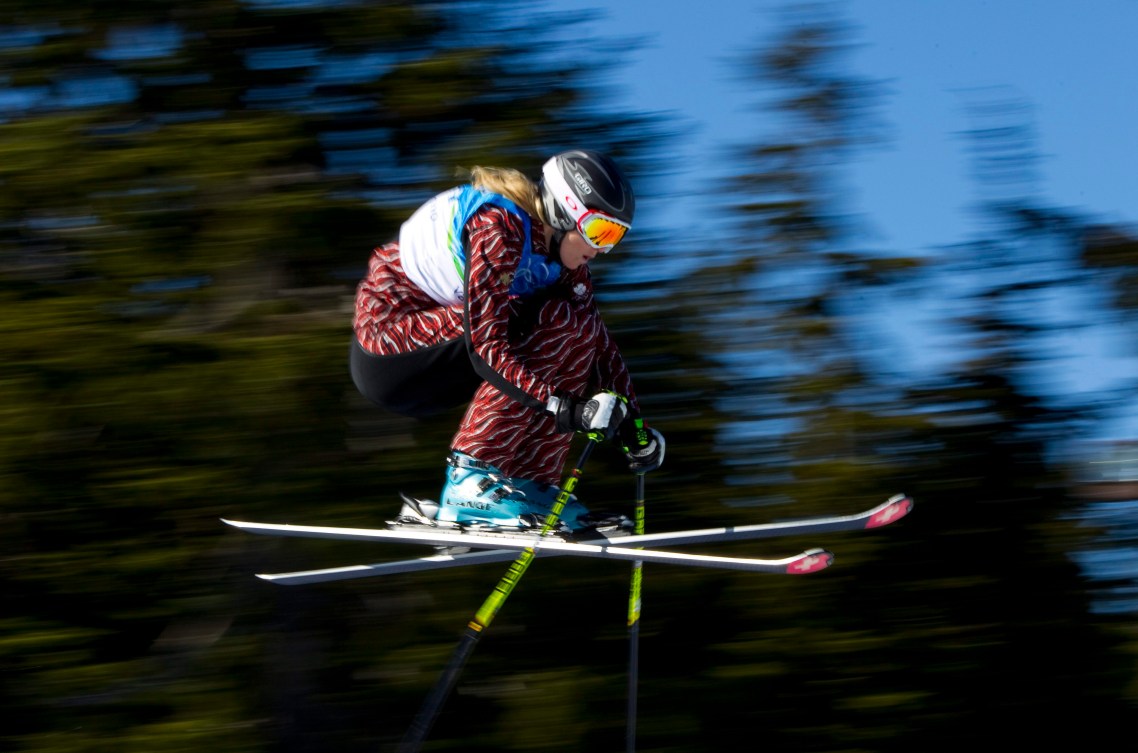
Events at the Whistler Sliding Centre had gotten off to a troubling start with the tragic death of Georgian luger Nodar Kumaritashvili during training prior to the Opening Ceremony. A week later, the skeleton athletes took to the track and Jon Montgomery came through with Canada’s second straight gold medal in the men’s event. The bobsleigh team followed suit, with Kaillie Humphries and Heather Moyse leading a 1-2 finish with Helen Upperton and Shelley-Ann Brown in the women’s event while Lyndon Rush piloted his crew to bronze for Canada’s first four-man medal since 1964.
